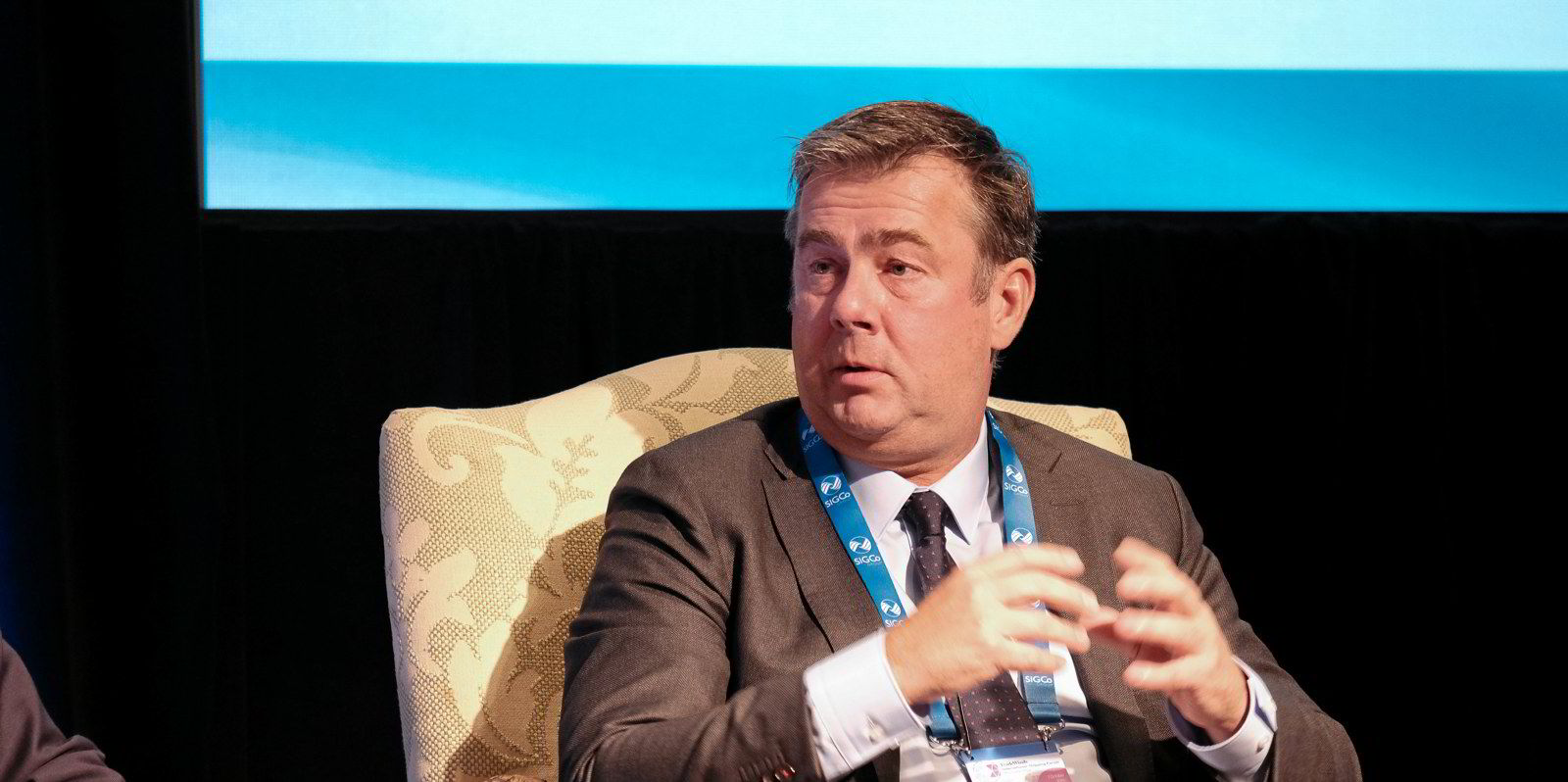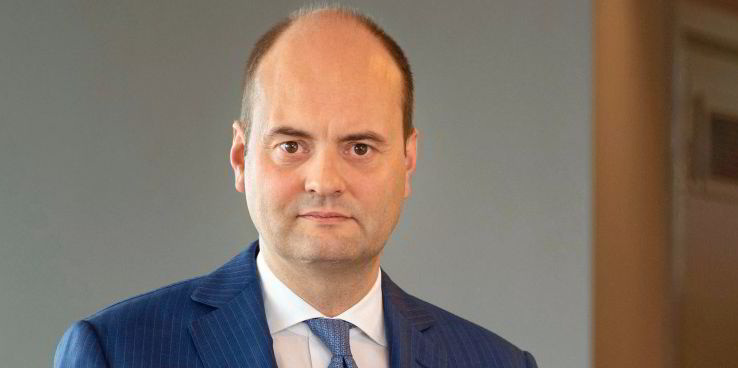Lower general increases and an easing of financial pressures on insurers have led to fewer moves at this year’s 20 February protection and indemnity renewal.
Brokers said with clubs only applying “soft” general increases of between 5% and 7.5% there was less incentive for owners to switch, while clubs were also under less pressure to clean up their books.
Norway’s Gard and the West of England P&I Club both reported more than 99% of members renewed.
Commenting on this year’s renewal, broker Aon said: “There doesn’t appear to have been much movement between clubs. Generally, those moving have been members of the weaker clubs looking to avoid more supplementary calls by joining a financially stronger club.”
According to market sources, a reported move of a major Japanese account out of Britannia P&I is understood to be Nisshin Shipping, which has moved tonnage across to Norway’s Skuld.
Several Nisshin newbuildings are also understood to have been allocated to the UK P&I Club.
Nisshin, based in the city of Himeji in western Japan, splits its diverse 100-ship fleet between a number of P&I providers.
Brokers also suggest Britannia has benefited from a further movement of tonnage out of NorthStandard by MSC Mediterranean Shipping Company.
The tonnage move was prompted by the merger of North P&I Club and Standard Club last year, which left MSC, which had entries in both clubs, with too much exposure in the merged entity.
This is the second year MSC has moved tonnage to rebalance its P&I book. The move has been carried out with the cooperation of NorthStandard, which has been compensated through the addition of a substantial number of MSC’s backlog of newbuildings.
Similarly, AP Moller-Maersk is understood to have redistributed more of its NorthStandard and also Britannia tonnage across to Skuld.
Two-year process
NorthStandard would not discuss the details of the renewal, but managing director Paul Jennings said that the rebalancing of tonnage from some members was always going to be a two-year process.
“By virtue of coming together, there was always going to be a number of members which would end up with just one club, or with a significantly larger entry with the club, and there would be some rebalancing,” Jennings said.
“Some of the rebalancing took place last year and with our collaboration and it’s happened again with one or two larger fleets, but it is below what we were budgeting,” he said.

NorthStandard’s P&I book is showing modest gains after the post-merger losses of last year. The Newcastle and London-based club said its mutual entry now stands at 256m gt, compared to 255m gt immediately following last year’s renewal.
Total premium income is up to $825m from $796m. Managing director Jeremy Grose said the club had largely achieved its target of increasing P&I revenue by 5%.
“We’ve achieved our budgeted rise based on that 5% general increase. There is always an element of some parts of the book that don’t pay all of that, so it’s just slightly below that 5%.”
The two big gainers after this year’s renewal appear to be the Scandinavian clubs Gard and Skuld.
Gard claimed a gain of 7m gt, increasing its P&I entry up to 284m gt, while Skuld said its P&I portfolio had grown 11%, to 116m gt.
The UK Club said it had added 2m gt but had let some underperforming accounts go.
Steamship Mutual reported 7.5% tonnage growth over the last year to 125m gt. The West of England said its P&I book had grown to over 100m gt from 96m gt 12 months ago.





